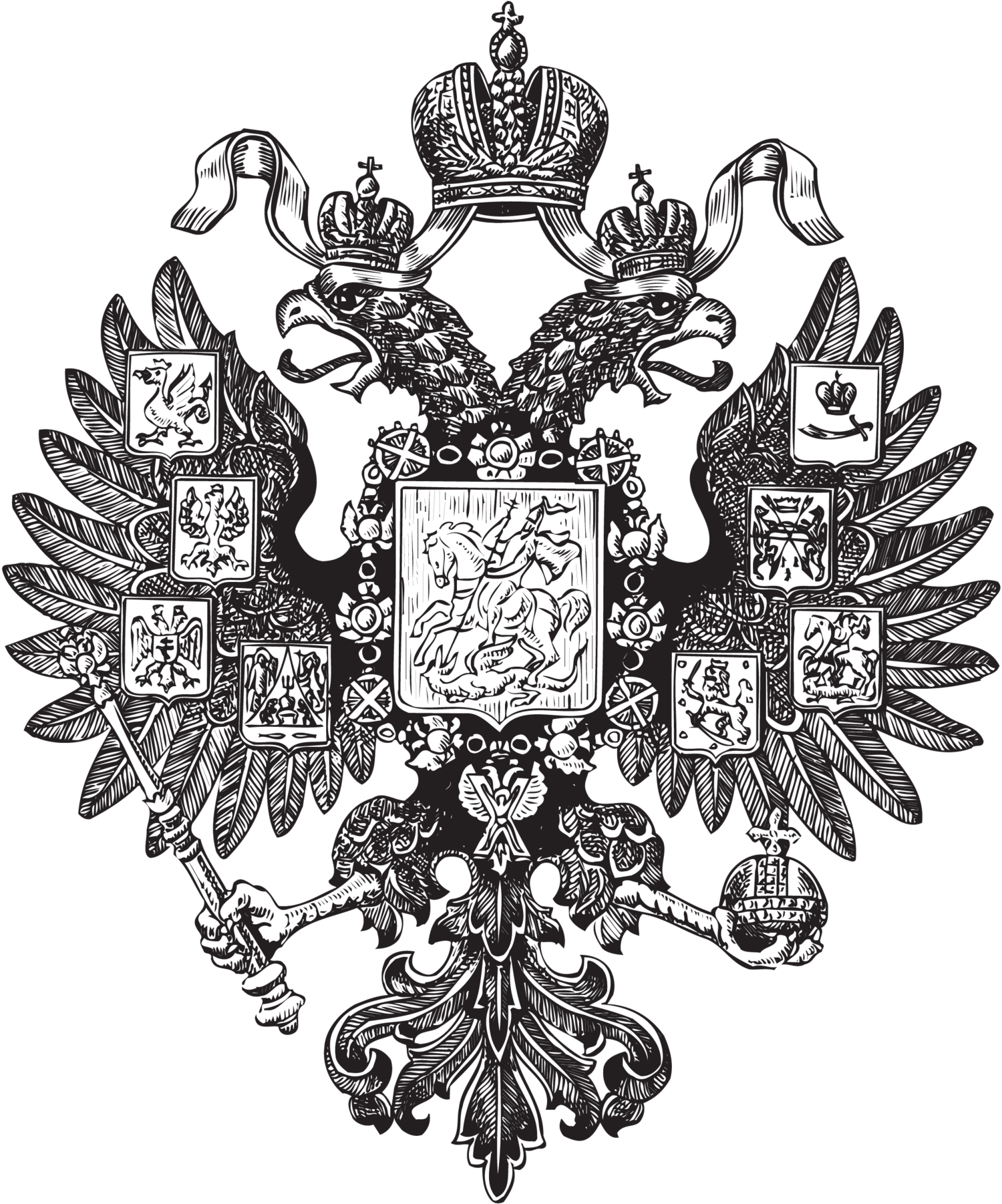What is Legitimism?
In its simplest terms, “Legitimism” refers to the notion that the laws of a dynasty or a kingdom determine the identity of the rightful king.
After the Romanoff dynasty lost the throne in 1917, Russian legitimists were monarchists who looked exclusively to the Pauline Laws (q.v.) to determine the identity of the rightful Emperor or dynastic head. As explained elsewhere, these were the laws that Emperor Paul I promulgated in 1797 to govern the Russian succession: succession by male-preference primogeniture. (In other words, this meant the succession of the senior male dynast by primogeniture and then, upon the death of the last male dynast, the succession of the female dynast most closely related to the last Emperor.) Paul I’s statement announcing the Pauline Laws makes clear that he wished legitimism to govern the succession: “…Having established the order of succession, I shall explain its aim, which is this: that the State never be without a successor; that the successor be determined by the law itself; that there be not the slightest doubt as to the successor…”
In 1924, Grand Duke Kirill proclaimed himself Emperor-in-exile. The Russian legitimist movement recognized him as Emperor, because after July 1918 he was the senior male dynast by primogeniture and thus the Head of the Imperial House. In the 1920s, some other monarchists and several former generals supported Grand Duke Nicholas Nikolaievich of Russia as their candidate for tsar. Under the Pauline Laws, Grand Duke Nicholas had only a very remote right of succession to the throne. By primogeniture, he was 16th in the line of succession immediately before the fall of the monarchy, and he was 9th in line in 1924. His supporters, however, especially the generals, thought he would be a strong and experienced military ruler, based on his service as commander-in-chief of the Russian army early in World War I.
As the rivalry between the legitimist and non-legitimist monarchists played out in the 1920s, the dynasty took sides. Of the 19 male dynasts who survived the revolution, 15 declared their allegiance to Grand Duke Kirill. One did not take a position, because he was a minor; his father and five older brothers, however, all swore allegiance to Emperor Kirill. Only 3 male dynasts did not swear allegiance to Kirill. They were Grand Duke Nicholas himself and his immediate family (his only brother and his brother’s only son). The branch of Grand Duke Nicholas believed that the Pauline Laws and their primogeniture rules should simply be ignored.
When Kirill died in 1938, there was no dispute that the succession had passed to his only son, Grand Duke Wladimir. The 5 most senior dynasts after Grand Duke Wladimir immediately issued a declaration proclaiming his succession as the new Head of the Imperial House. Even the non-legitimist monarchist groups who had supported the late Grand Duke Nicholas (who died in 1929) recognized Wladimir as dynastic head.
Wladimir died in 1992, after 53 years as dynastic head. He and his cousin Prince Vassily of Russia (who had died in 1989) were the last living male dynasts. Under the Pauline Laws, the succession then passed to the female line, in the person of Grand Duchess Maria, whom legitimists recognize as the lawful dynastic head.
During Grand Duke Wladimir’s 53 year tenure as dynastic head, there were no non-legitimist claimants to the throne. In 1992, however, a non-dynast, Nicholas Romanoff (1922-2014), declared that he, rather than Grand Duchess Maria, had succeeded Grand Duke Wladimir as dynastic head.
Nicholas Romanoff was closely related to those above-mentioned 3 male dynasts who had declined to swear allegiance in the 1920s to Grand Duke Kirill: they were his father, his grandfather, and his grandfather’s brother. Thus, he came from a family tradition of anti-legitimism. Nicholas Romanoff’s father, Prince Roman of Russia, was a dynast who in exile had contracted a non-dynastic marriage. Nicholas Romanoff was born in France and, as his father’s son, had the right to the Romanoff surname under French law (but not imperial Russian law). His claim to be dynastic head had no basis under the Pauline Laws, however, because a non-dynast, that is, somebody who is not a member of a dynasty, cannot claim to be head of that dynasty. Just as his father and grandfather had ignored the male primogeniture rules of the Pauline Laws in the 1920s, Nicholas Romanoff ignored the equal marriage rules of the Pauline Laws in the 1990s. He founded a private organization called “the Romanov Family Association” (q.v.) and eventually made himself its head, which prompted him to refer to himself as the head of the Romanov family. The Romanov Family Association still exists today and groups together many of the descendants of the numerous post-revolutionary non-dynastic marriages.

